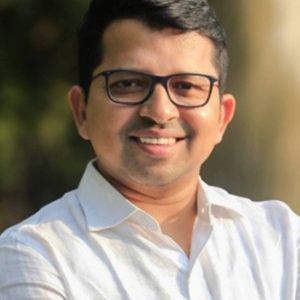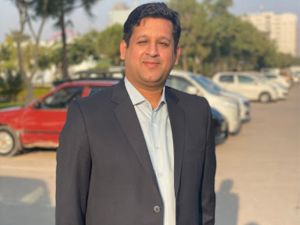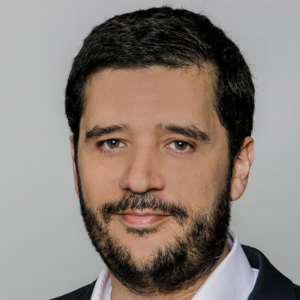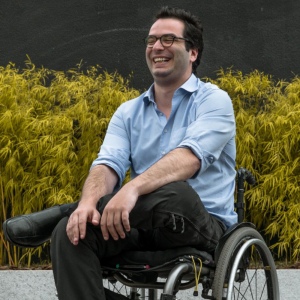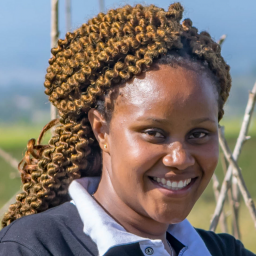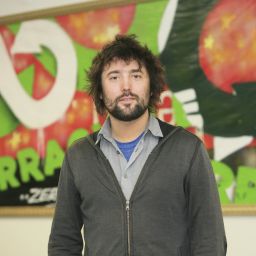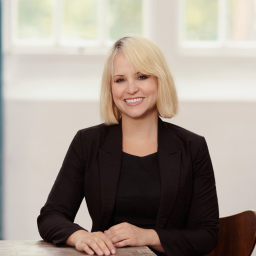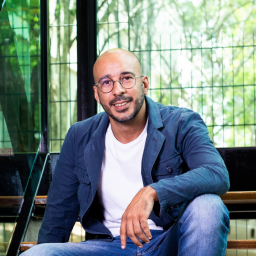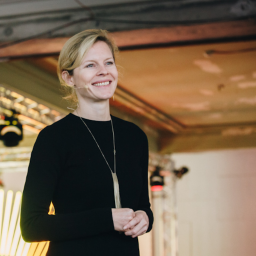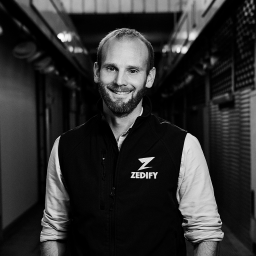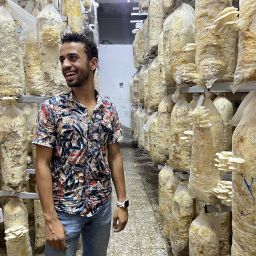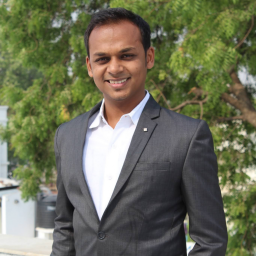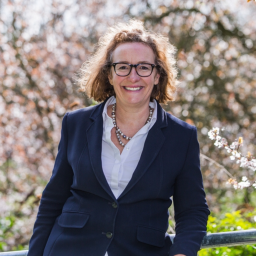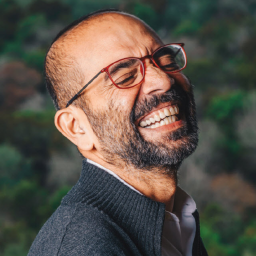Meaningful Business (MB:) Please tell us a bit about your background.
Daphna Nissenbaum (DN:) Before launching TIPA®, I held the position of CEO at the Caesarea Center for Capital Markets and Risk Management at the Interdisciplinary Center (IDC), Herzliya. Previously, I held various management positions at SPL World Group, a software solutions provider, and prior to which I was a project manager at Whelty Lager, located in Boston.
I received my MBA specialising in Marketing and Entrepreneurship from IDC Herzliya and a BA in Economics and Software Engineering from Bar Ilan University. I also graduated from the elite Israel Defence Forces software engineering programme (Mamram) and served in the Israeli Navy software unit as an officer (ranked Captain).
MB: What led you to start TIPA?
DN: The idea for TIPA® actually sparked from an argument I had with one of my kids about the plastic bottles he would take to school – some days he would return them to be reused, while other days he wouldn’t. I said to him ‘we have to think about what we do with our packages.’ There were so many discussions surrounding the matter of plastic packaging at the time, and I thought to myself, ‘the world will need a package that is not based on plastic, one that will break down by itself post-consumption.’
I went out jogging and challenged myself to work out a solution, thinking the idea is somewhere right in front of me. The resulting vision was to develop a package that acts just like organic material, like an orange peel, a package that disappears by its own natural composition.
MB: What are the main problems you are trying to solve?
DN: TIPA® was set up to find a viable solution to single-use plastic waste and has concentrated its efforts on creating a high-performing compostable alternative for conventional flexible plastic packaging.
TIPA® has prevented 2000 tons of plastics from entering the economy. One of the most beautiful aspects of TIPA’s circular packaging solutions is that while our products address the issues of waste, environmental contamination and health hazards of conventional plastics, they also create healthy soil. As stated in The New Plastics global report, 24 billion tons of topsoil are lost every year. Our products encourage consumers, brands and governments to implement responsible organic recycling systems, generating fertilisers.
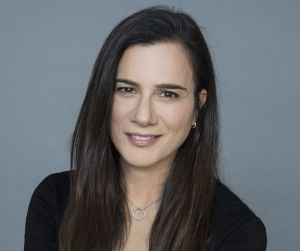 Daphna Nissenbaum, Co-Founder & CEO, TIPA
Daphna Nissenbaum, Co-Founder & CEO, TIPA
MB: What is your biggest challenge right now?
DN: At TIPA, we are constantly challenging ourselves to find better solutions to fit market demand for compostable flexible packaging. On the one hand, we want the properties of flexible packaging to be exactly the same as conventional plastic—high durability, flexible, transparent, printable, machinable, sealable, and waterproof, and on the other hand we want the package to decompose within a short period of time, in the widest range of compostable conditions, while protecting each client’s unique product.
MB: What is your vision for the future of your business?
DN: My vision is for the company to continue growing as a market leader in the space of compostable solutions, remaining at the forefront of change with cutting-edge technology. TIPA’s goal is to carve the path for compostable packaging by being the most commercialised and mainstream compostable solution on the market.
MB: What is your advice to other leaders who want to combine profit and purpose?
DN: In order to achieve long-lasting success, it is necessary to be equally conscious of profit and purpose. Today’s consumers are looking for purpose in everything they do, this is also true for their buying behaviours. Corporate companies without clear purpose will not earn the trust of the marketplace and suffer both a positioning problem and economic damage. I strongly believe that these principles work hand-in-hand.
________
Quickfire Questions
MB – What’s the best piece of advice you ever received?
DN – People are the most important asset needed to create change. Work with the right people and the journey will be much more fruitful.
MB – Who inspires you?
DN – I’ve been asked about this once in the past, and my immediate answer was David Ben Gurion, Israel’s first prime minister. Under almost impossible circumstances, he built a thriving country that has since become a flourishing start-up nation. As a CEO of a company that is creating a product which aims to disrupt a very established market, David Ben Gurion’s vision and dedication to his dream and the great success of that dream is very inspiring. A more personal example of someone who has greatly impacted me would be my husband, who has built and sold two companies.
MB – How do you define success?
DN – The definition of success for me is making a massive influential change. To be able to influence the world and hopefully change the future – that is a success.
MB – What is something you wish you were better at?
DN – I wish I had more patience to see results.
MB – What is the one book everyone should read?
DN – Everyone should see the movie “Kiss the Ground” by Joshua Tickell – it’s a very important film.
MB – What do you do to relax?
DN – I jog every morning. It’s a great time to clear my head, solve problems, have new ideas, and relax.
________
Discover the other MB100 leaders recognised for their work combining profit and purpose to help achieve the United Nations Sustainable Development Goals in 2020, here.


